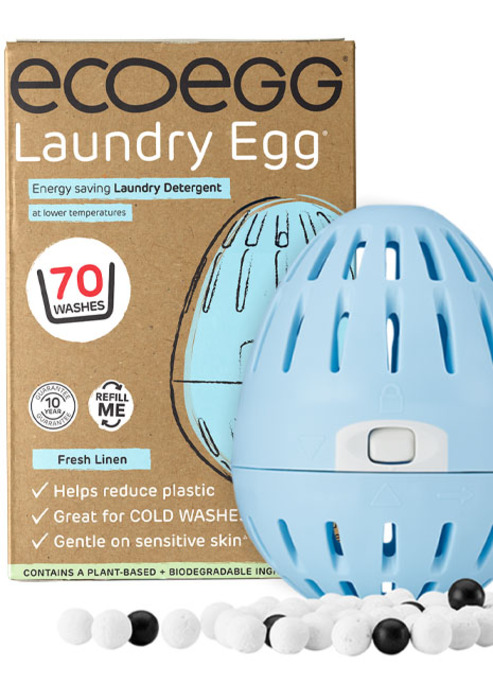
Stop Its Decolonising Sustainability Time!
From corporate greenwashing to a capitalised environmentalism. Its time to relearn and rethink what sustainable fashion is, and who is constructing it.
Stop right there! Stop scrolling endlessly on ASOS or Topshop as a meaningless past time. I know you are guilty of it; we all are. Hold off aimlessly looking at your screen at the summer sale selections- the under £15 items you know you will never need nor wear, but wow it’s a steal. Put that endless nothingness to good use. To decolonise your perception of western sustainability in fashion. You can do it; I believe it you!
As brands are increasingly pressured to become eco-friendly and a more sustainable gap in the market appears, corporate green washing fears remain very much apparent. Granted, it is difficult to know when you are being a responsible customer or buying into a company’s falsehood of forward thinking, on a capitalised environmentalism. Whist the overt surge in climate consciousness is greatly positive, which is overdue and needs to happen at an ever-increasing rate, those who are accredited to being at the fore-front of such a movement are conceived by the west and thought to be led by white people. The irksome irony here is that numerous communities of colour have lived sustainable lives long before western capitalism, yet white-collar wits market such to be a lifestyle we buy into at their economic advances. Decolonisation needs to occur beyond this neoliberal ideology of sustainability we are sold by big businesses bros, as their activism is undercut by potential profit.
 Photo by alleksana from Pexels
Photo by alleksana from Pexels
The fashion industry, a creative field which is seemingly inclusive and liberal, for years have let people of colour down, in countless ways. From the unquestionable whitewashing of the worlds fashion week runways or the capitalisation of minority cultures and appropriation. Gaining from divides of wealth and race, the industry has historically prioritised privilege and whiteness. These companies function, to maximise profit, via racially discriminative practices which are inherent to their business model. One must not forget that is the very same communities and workers who allow the industry to operate that are being abused and exploited. It is at their detriment that our garms our grossly cheap. No top or dress should be priced under £5. Pretty Little Thing, I’m looking at you.
Such abuse is sprawling, from the underpayment in unhealthy production lines, to stolen creative ventures which are rebranded, relabelled as white in origin- profiting off Black culture whist simultaneously preventing Black creatives from leading roles. On reflection it is deeply horrifying, and it is easy to feel ashamed regarding the way we receive our recent fits. Though shame and guilt are not a productive emotions. It does nothing, only selfishly satisfies one’s passivity.
 Photo by Vie Studio from Pexels
Photo by Vie Studio from Pexels
Education has always been at the heart of change. Thus, below is a list of 10 activists, educators, and creatives, whose work is worth further investigation.
This however is not exhaustive:
1. Subrina Heyink, owner of sustainable shop Subrina Heyink Vintage
2. Vanessa Acosta, founder of Wasi Clothing which spotlights Bolivian culture in inclusive designs
3. Kristen Gonzalez and Sam Romero, designers for LA based brand Selva Negra
4. Avery Anotonio and Mayra Moran, founders of ethically made streetwear Most Prominent Co.
5. Aja Barber, London based American consultant, activist and stylist
6. Emma Slade Edmondson, sustainability consultant and creative director
7. Dechel McKillian, creative director and celebrity stylist who founded GALERIE.LA in 2015
8. Eshita Kabra, founder of By Rotation the UKs largest rental platform
9. Aditi Mayer, LA based journalist, content creator and public speaker
10. Ngoni Chikwenengere, owner of WE ARE KIN a label which is responsibly sourced and manufactured in East London
It is time to move beyond the Zara ‘new in’ section and start actively caring for the planet and the people who call it home. It is only by pure luck that we are the ones given the choice to make change. That choice is a privilege. Others face the harsh realities of the industry daily. Now is the time to relearn the notions of sustainability, realising its faults and respond according.
Up Next, What Are Vegan Sneakers?











